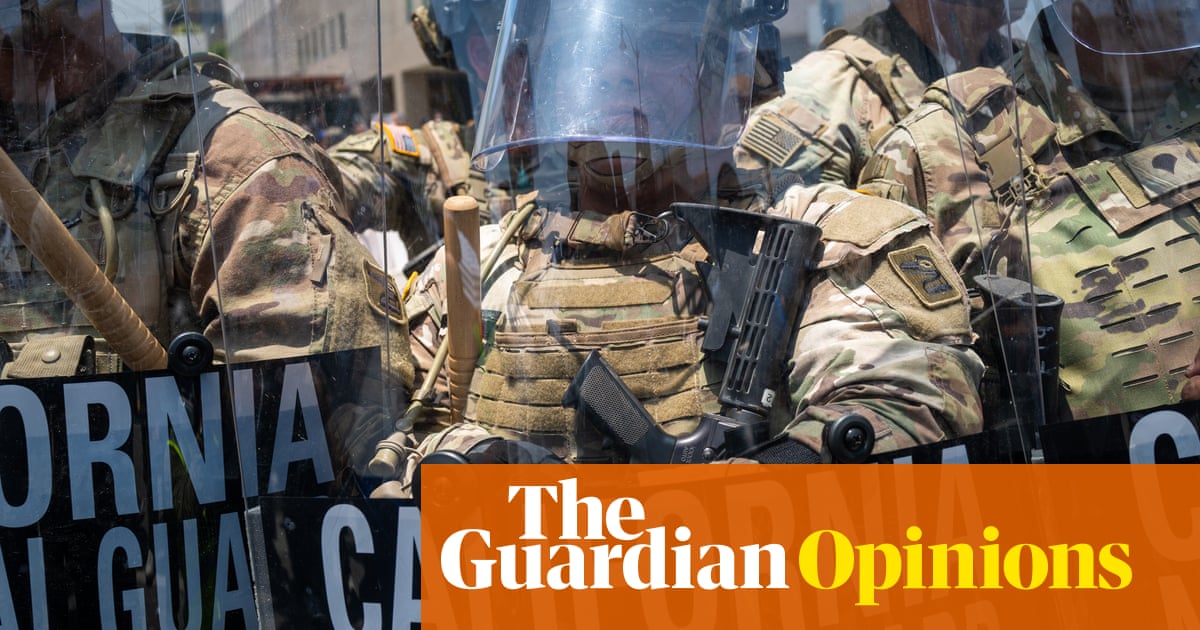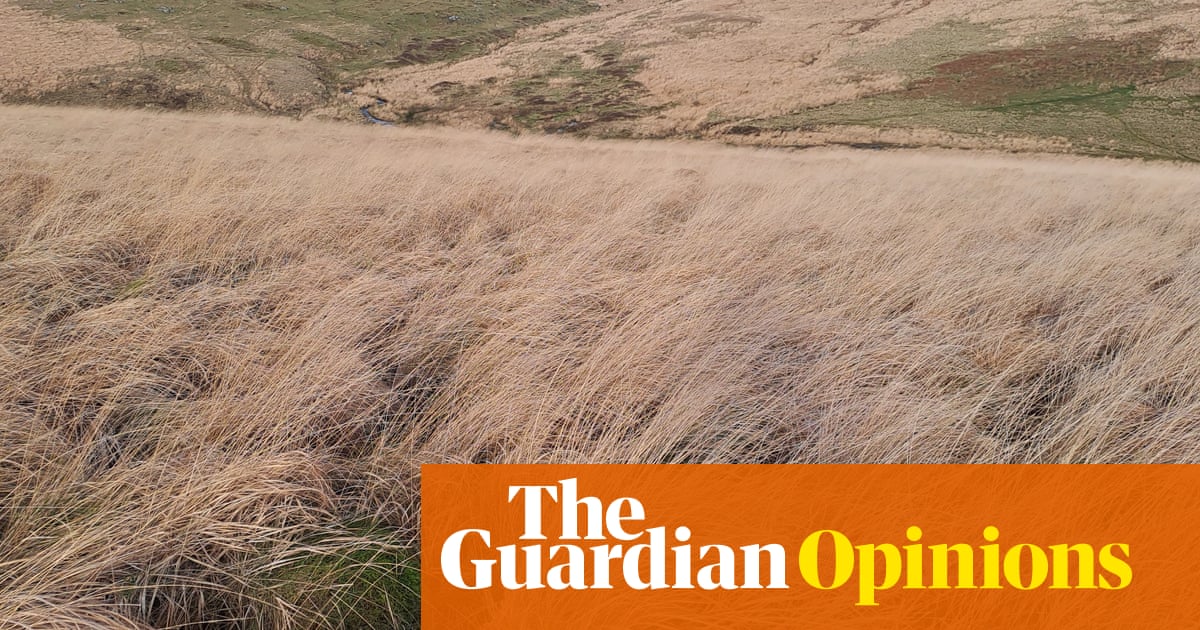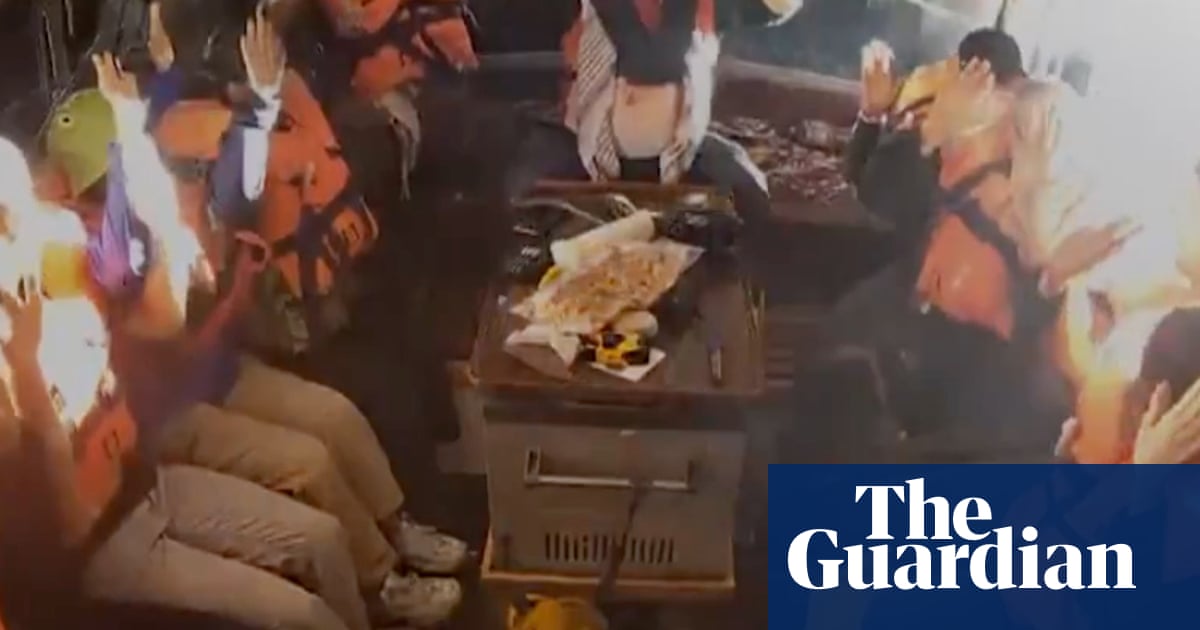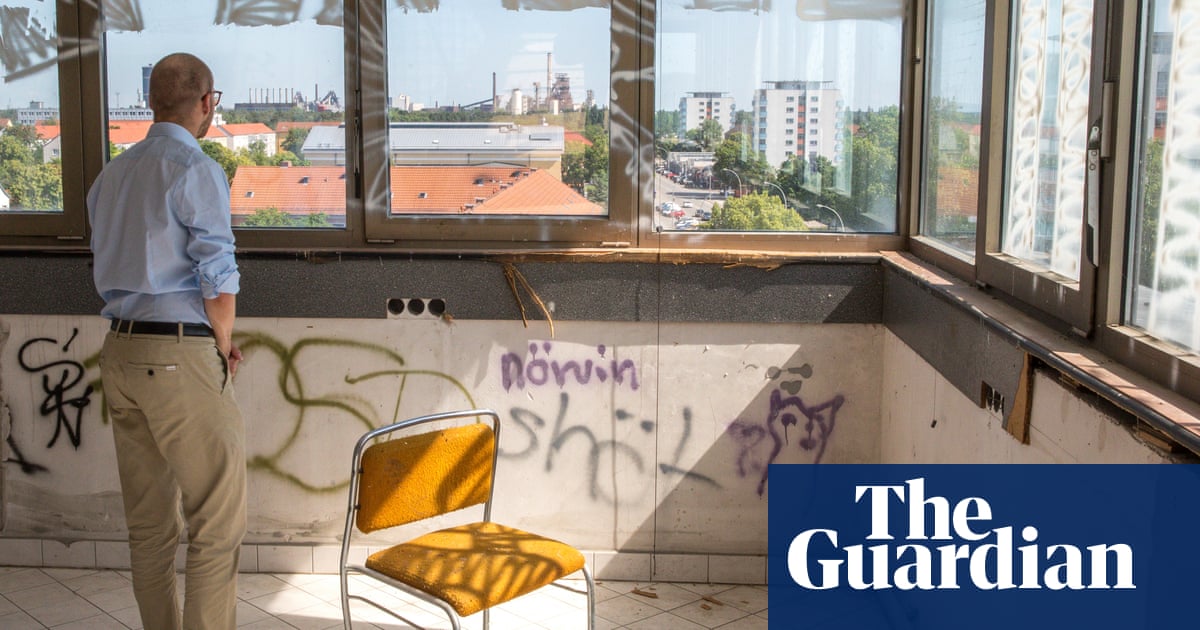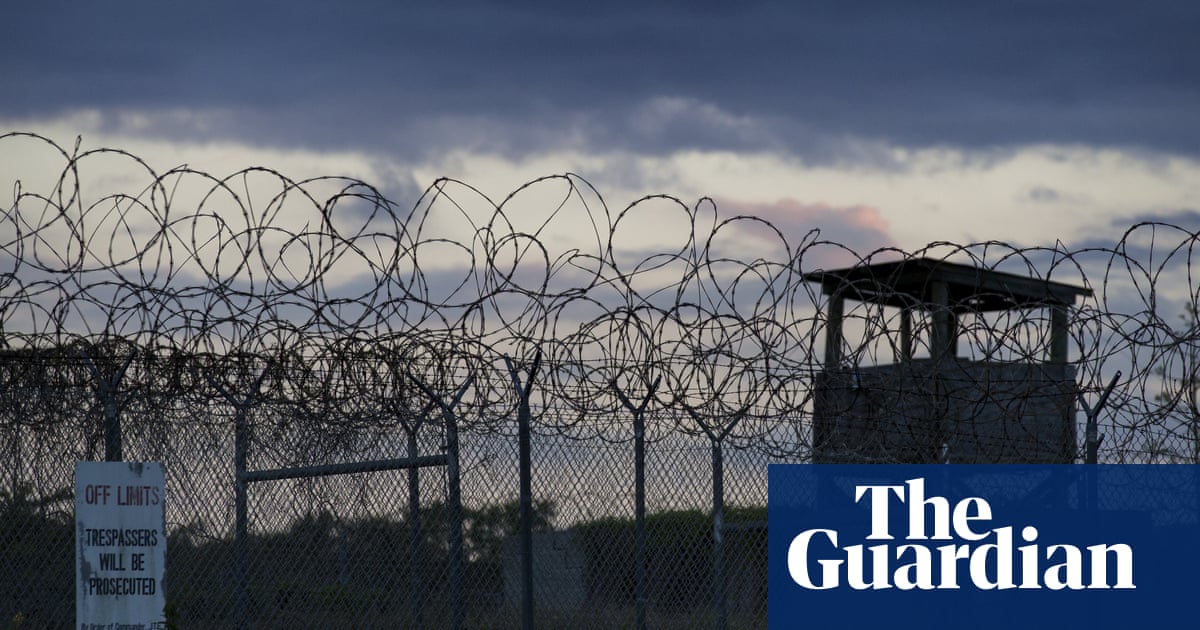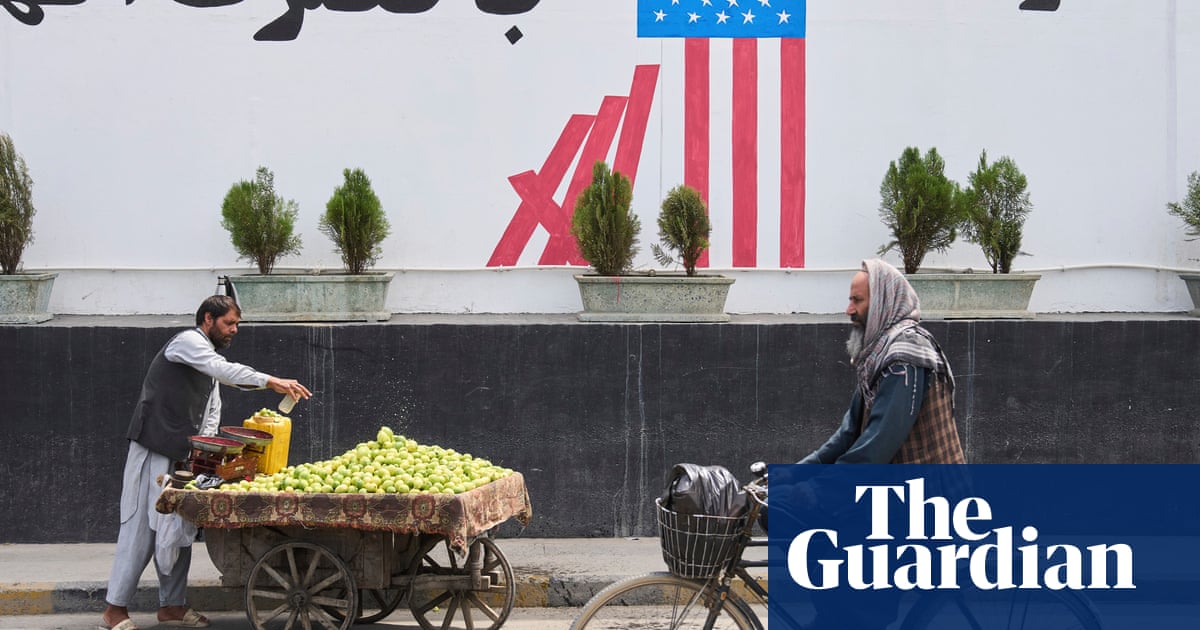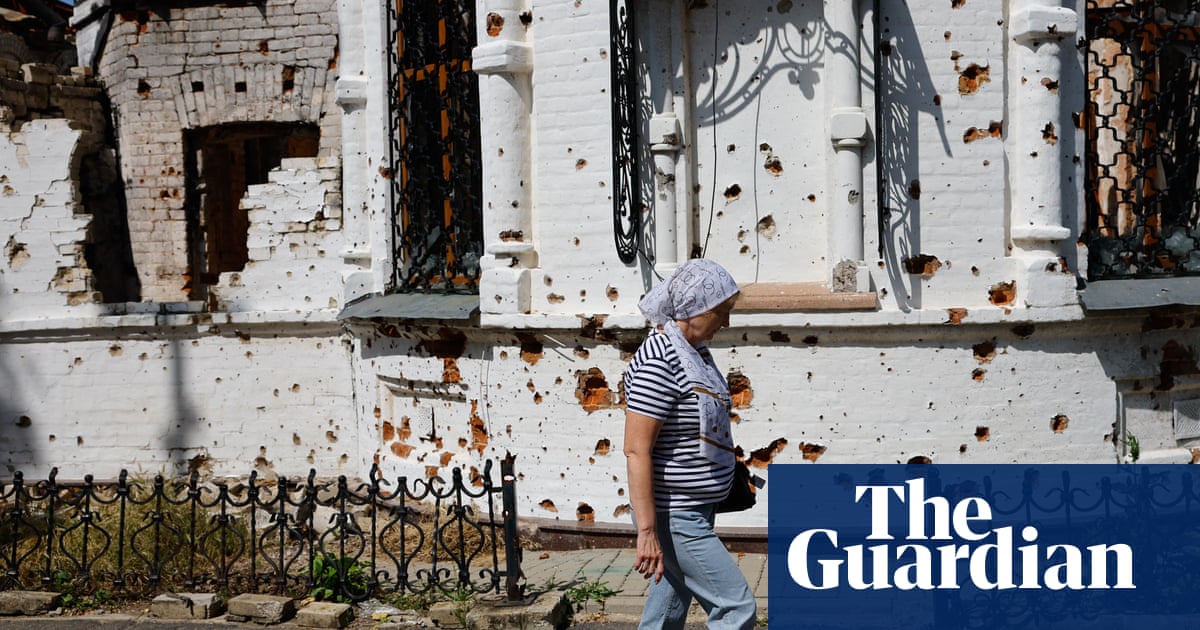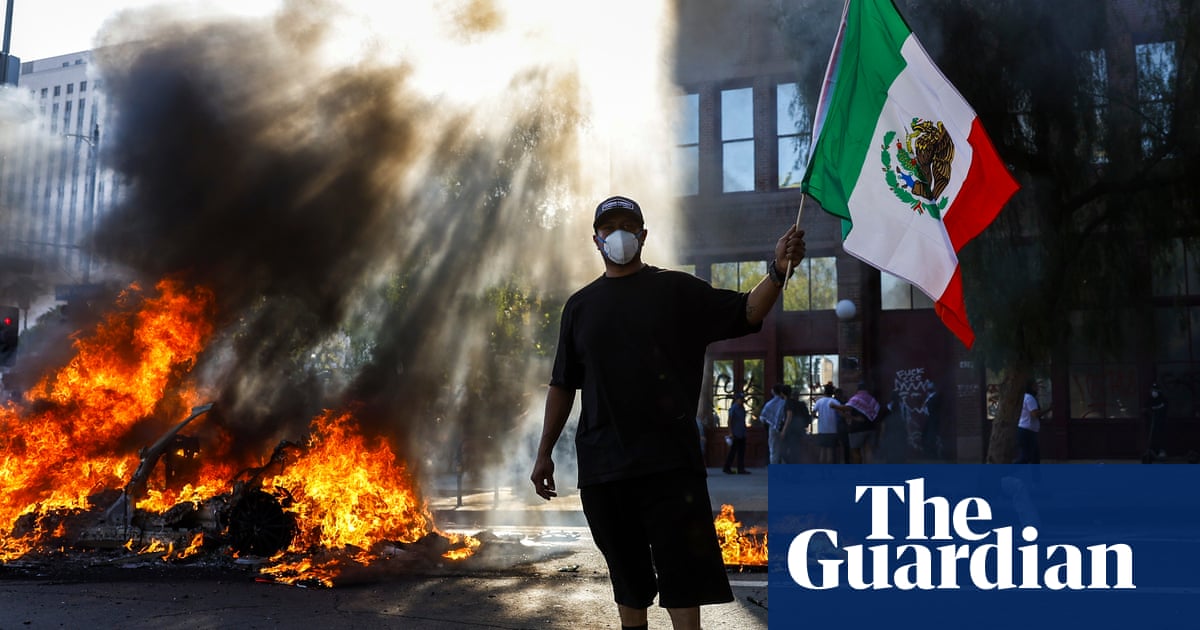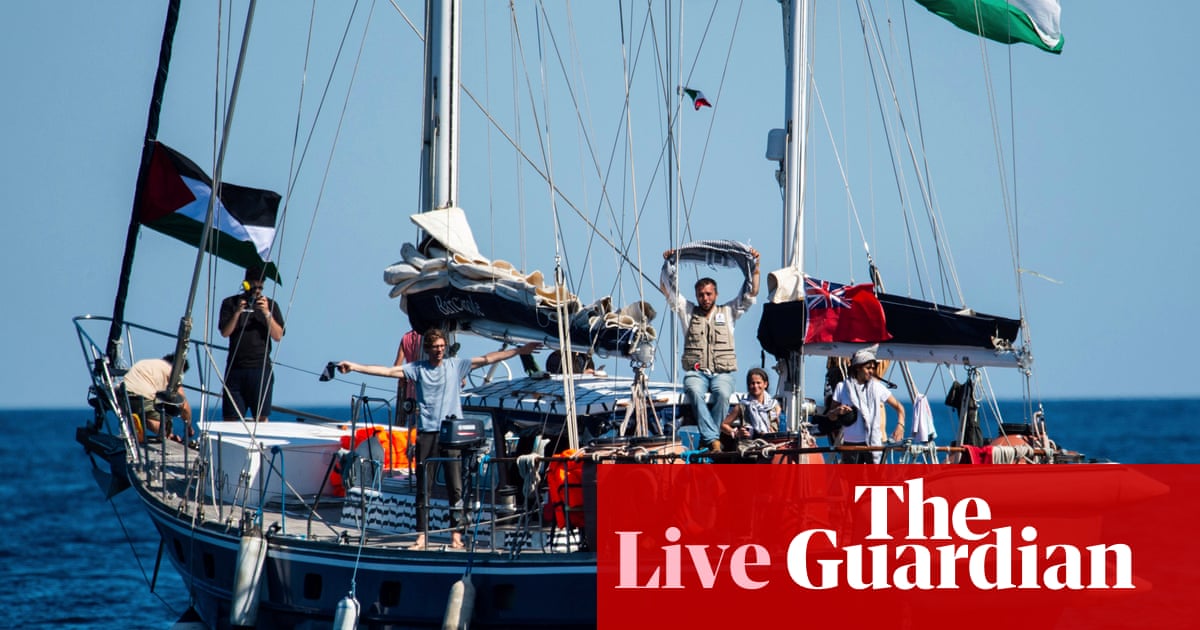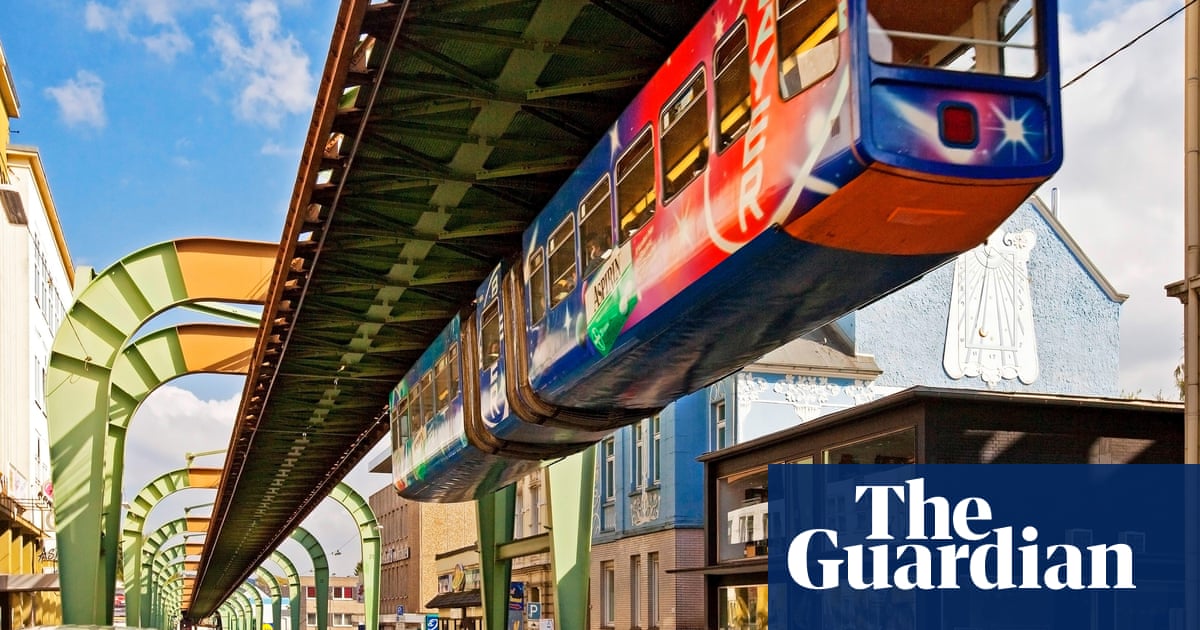Palermo has not seen anything like it for years. Helicopters in the pre-dawn sky. Carabinieri barracks across Sicily emptied, with all 1,200 officers deployed. The Cacciatori – red-bereted shock cops – brought over from the wilds of Calabria. The Carabinieri’s own film units serving up a morning montage of flashing blue lights, balaclava-wearing officers with submachine guns, police dogs sniffing, cottage doors breaking, and burly, handcuffed men ushered into Alfa Romeos. And then, of course, in the press, the humiliating wiretaps of gangsters sharing their secrets. Cosa Nostra is back in the headlines, and back under the cosh.
Italian law enforcement is good at this stuff. Not a single one of the 181 men and women targeted for arrest on 11 February managed to go on the lam before the crackdown. Based on the numbers alone, this raid was the biggest anti-mafia operation since the 1980s. But Sicily was a very different place back then. It teetered on the brink of becoming a narco-state, and Cosa Nostra treated the Italian institutions with contempt, murdering any prosecutor, police officer or politician who got in its way.
A heroic minority led the fightback. Its figurehead was, of course, judge Giovanni Falcone. His enormous “maxi trial” of mafiosi in Palermo in 1986-87 demonstrated for the first time that the rule of law applied to the bosses too. After the supreme court confirmed the verdicts in 1992, the ferocious super-boss Salvatore “Shorty” Riina had Falcone and his close colleague Paolo Borsellino killed in bomb attacks. It was a national emergency, Riina’s declaration of war on the state. But, in the same instant, it was a spectacular confirmation that Falcone had won a history-making victory.

For the last year of his life, the martyred hero had been in Rome redesigning the way Italy fights mafia crime, based on the lessons learned in Palermo. Specialised teams of anti-mafia prosecutors in every city. Highly trained police units. A vast database of “men of honour” and their known associates. A new prison regime designed to prevent bosses communicating with their soldiers. Since then, Falcone’s heirs have ground Cosa Nostra down.
In this year’s raid, it was older bosses, released from long stretches inside, who were taking the lead in trying to rebuild the mafia’s structure. The bugging transcripts published in the aftermath make for a sullen collective portrait. The old bosses complain all the time. About the confiscation of their assets. About the collapse of omertà. About the quality of their recruits: “The level’s low these days. As soon as they arrest a guy, he turns penitent.” But these problems are not new: they are integral to life in today’s Cosa Nostra. Exactly the same complaints surfaced during the last big round-up, in December 2008, when the Palermo mafia’s entire leadership was arrested.
Indeed, if anything, things have got even worse for Cosa Nostra since then. When it comes to narcotics, the Sicilian mafia is living off crumbs from the table of the ’Ndrangheta crime syndicate, the noisy neighbours from Calabria – crumbs served with seasoning of nostalgia:
You’ve got to get by on a slab of hash? Is that how far we’ve fallen? The guys from the old days, the ones who’ve tragically been sent to prison for life, would they be talking about a slab of hash? If they talked about hash, it was because a shipload was due in … We’re down in the dirt lads. We think we’re doing business, but it’s others who are really at it.
Cosa Nostra looks more and more toothless and friendless. During this new wave of arrests, there was not a single murder on the charge sheets, and not a single politician called to account. (At least so far.) As after 2008, the Palermo underworld now faces a rebuild. But this time it is from an even lower base.
Given such a record of law-enforcement success, the curious thing for outside observers is that the pessimism in mafia circles is not matched by optimism in Sicilian society.

A good part of the blame lies with one trial that, for 15 long years after 2008, hoovered up what little attention Italy could devote to mafia issues. Called the state-mafia negotiation trial, it centred on a conspiracy theory so abstruse that a baffled foreign media ignored it. Yet it set judges at each other’s throats, and divided the anti-mafia movement into fanatical camps. In essence, the prosecution argued that the murders of Falcone and Borsellino were part of an unspeakable pact that bound Cosa Nostra to politicians and deep-state actors such as secret agents and Freemasons. In the end, so the prosecution claimed, the pact brought Silvio Berlusconi to power in 1994, and left the mafia free to resume its ancient partnership with the powers that be. It took until 2023 for the supreme court to demolish this nonsense. But by then, beliefs were so entrenched that many are still convinced there was a cover-up.
All kinds of things fed into this collective delirium. The grief of the victims’ families. The failure of the Sicilian economy to provide an anti-mafia dividend. One of Italy’s worst outbreaks of anti-politics. The precocious arrival of social media populism, in the form of comedian Beppe Grillo’s Five Star Movement. And demoralising scandals in the anti-mafia movement, including the body responsible for administering confiscated mob properties.
So this month’s 181 arrests represent a return to Earth after these flights of conspiratorial fancy. The operation’s mastermind, the chief prosecutor of Palermo, Maurizio De Lucia, is a noted sceptic about the state-mafia negotiation trial who is also professionally cautious about the future. Palermo’s struggling businesses can still benefit from engaging Cosa Nostra’s services: cheap credit and debt recovery, for example. The dilapidated prison system has become porous again: scandalously, imprisoned bosses smuggled in encrypted smartphones and held video summits with their peers on the outside.
That is why, for all their complaining, the old bosses can still tempt youngsters in the godforsaken outer quarters of the city with a strong collective identity. “Inside us we’ve got our ideals, and we’ll never let them die because we’d die for them,” one misty-eyed mafioso explained. Another put it more picturesquely: “Cosa Nostra? You married this wife and you keep her as long as you live.” Armed with such resilience, mafiosi know they only have to be stronger than the weakest parts of the Italian system to hang on, and hope for better times.
-
John Dickie is professor of Italian Studies at University College London and author of Cosa Nostra, Mafia Brotherhoods and Mafia Republic

 3 months ago
64
3 months ago
64

